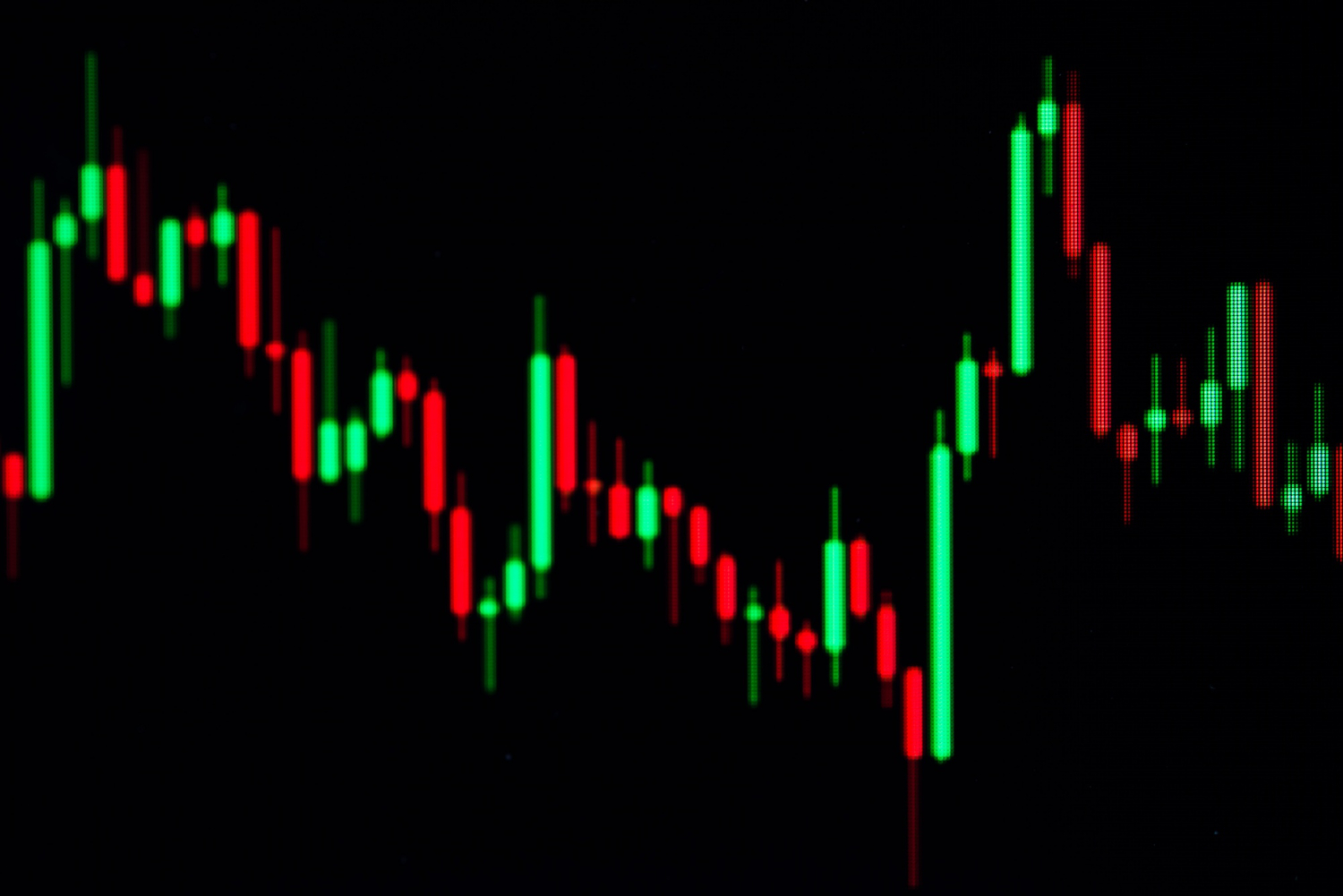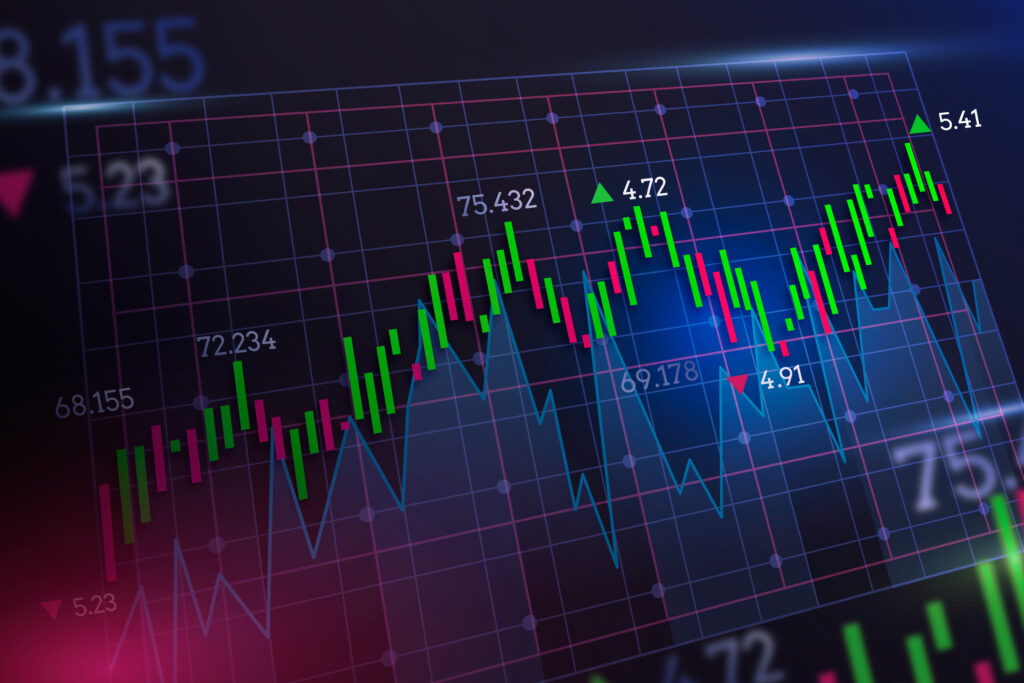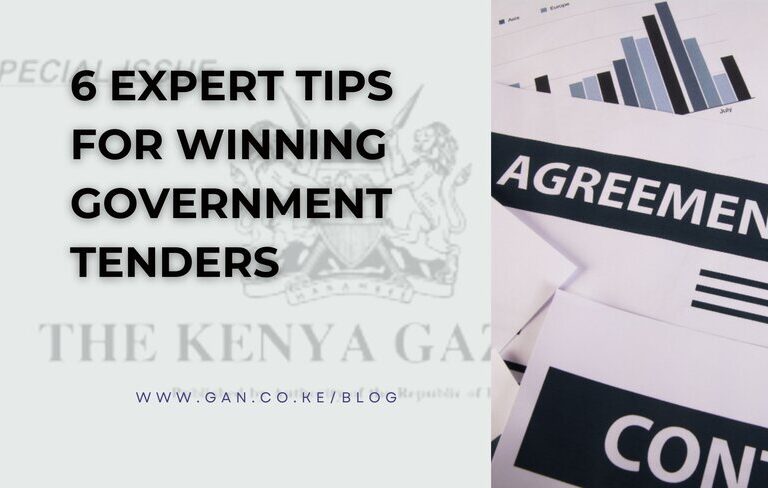

The foreign exchange (forex) market is a decentralized, international market for trading currency with a $6 trillion daily dollar volume, it is the biggest and most liquid market in the entire world.
Unlike the equities and futures markets, where trading is controlled, it does not take place at a physical location or an exchange. Instead, a global network called the interbank market facilitates currency exchange between different financial institutions. From 5 p.m. EST on Sunday to 4 p.m. EST on Friday, this market is open 24 hours a day, 5 days a week.
Trading in the financial markets does not have a single recipe for success. The markets can be compared to an ocean, and traders can be compared to surfers. Talent, balance, endurance, the right gear, and awareness of your surroundings are all necessary for surfing. Would you venture into rip tide-prone or shark-infested water? Let’s hope not.
The mindset toward trading in the forex markets is the same. Your success rate will significantly increase if you combine sound analysis with efficient execution. As with many other skill sets, successful trading requires both natural ability and dedication. Here are four tactics that will work for you in all markets, but we’ll concentrate on the forex markets in this post
Types of Forex Markets
Spot forex market
The actual exchange of a currency pair that occurs immediately after a trade is settled, sometimes known as “on the spot,” or within a short time frame.
Buying or selling a predetermined amount of a currency at a predetermined price is agreed upon in the forward foreign exchange market. The contract is paid at the predetermined future date or a range of future dates.
Forex futures
In this market, a contract is made to purchase or sell a certain quantity of a particular currency at a specified price and date in the future. A futures contract is enforceable, as opposed to a forward contract.
Trading Guidelines
Observe the daily pivot points
Even if you choose to position trade, swing trade, or just trade long-term time frames, it’s crucial to pay attention to daily pivot points if you’re a day trader. Why? simply because thousands of other traders pay attention to pivot levels.
Pivot trading occasionally resembles a prophecy that comes true. This means that because many traders will place orders at those levels because they are confirmed pivot traders, markets will frequently find support or resistance, or make market turns, at pivot levels. Because of this, huge trading moves that occur off pivot levels frequently have no fundamental cause other than the fact that many traders entered the trade anticipating such a move.
Trading with Advantage
The most successful traders are those who only take a financial risk when a market opportunity offers them an advantage, something that raises the likelihood that the trade they make will be profitable.
Your advantage could be as easy as purchasing at a price level that has previously demonstrated that it offers large market support (or selling at a price level that you have determined to be strong opposition).
Having several technical aspects work in your favor might boost your edge and chances of success. A market should experience significant support or resistance if, for instance, the 10-period, 50-period, and 100-period moving averages all converge at the same price level. This is because traders who base their trading decisions on any one of these moving averages will be acting in concert.
Keep Your Capital Safe
Avoiding significant losses is more crucial in forex trading than experiencing significant gains. If you’re new to the market, that might not sound entirely right to you, but it is true all the same. Forex trading success depends on your ability to protect your capital.
Why is playing excellent defense in forex trading—that is, protecting your trading capital—so crucial? Because of the simple fact that they run out of money and are unable to continue trading, the majority of people who try their hand at forex trading fail. Before they can enter what turns out to be a highly profitable trade, they blow up their account.
Make your technical analysis simpler
Consider the following images of two extremely distinct forex traders:
Trader #1 has a spacious, luxurious office, a top-of-the-line trading computer, multiple monitors and market news feeds, as well as a large number of charts, each of which is loaded with at least eight or nine technical indicators, including five or six moving averages, two or three momentum indicators, Fibonacci lines, etc.
A look at Trader #2’s charts reveals that there are just one or two – possibly three at most – technical indicators overlaid on the price action of the market. He operates from a plain and unassuming office space and only utilizes a regular laptop or notebook computer.
Set stop-loss orders at fair price levels.
This axiom could appear to be merely one part of maintaining your trading capital in the event of a bad trade. Yes, it is that, but it is also a crucial component of successful forex trading.
A common error made by new traders is to think that risk management merely entails placing stop-loss orders very near the entrance point of a trade. You shouldn’t engage in trades with stop-loss levels that are so far from your entry point that they result in a trade having an unfavorable risk/reward ratio (i.e., risking more in the event the trade loses than you would reasonably stand to make in the event the trade proves to be a winner). This is part of good money management. Running stop orders habitually too close to your entry point, as shown by having the trade stopped out for a loss, only to have the market turn back in your favor and having to endure watching price advance to a level that would have returned you a sizeable profit…if only you hadn’t been stopped out for a loss, is one factor that frequently contributes to a lack of trading success.
Advantages of Forex Trading
Easy Access
Online forex trading accounts can frequently be created in under an hour and can be funded with as little as $100. Since it is a true 24/5 market, traders can open and close positions whenever they want.
Fees
There are no exchange or clearing fees because the FX market is decentralized. Unless you are trading using an ECN (Electronic Communications Network) broker, the costs of entering a trade are typically included in the spread. In that case, there is an extra commission. Instead of taking the other side of customer trades, ECN brokers offer direct access to other market participants.
Leverage
Leverage is exceptionally high on the forex market, which is normally viewed as a benefit. As was already mentioned, increasing leverage does not necessarily advantage the trader because it can exacerbate both gains and losses.
Flexibility in terms of lot size
The majority of the time, traders are not limited to trading full-sized lots of 100,000 units of the base currency. Micro lots of 1000 units and mini lots of 10,000 units are popular trading options.
The simplicity of short sales
A currency pair can always be shorted, unlike other markets like stocks where it is not possible to do so.
Liquidity
The forex market is extremely liquid due to its enormous size and the enormous volume of transactions. This increases the likelihood that you will get the price you expect when you execute a trade. A further advantage of extremely liquid markets is that they are more difficult to manipulate, which improves the trading environment for all participants.
Limitations of Forex Trading
Absence of Regulations
The forex market frequently has weak regulatory monitoring. The advantages of segregated funds, negative balance protection, and a compensation fund in the event of the broker’s bankruptcy are available to traders who create accounts with brokers governed by the Cyprus Securities and Exchange Commission (CySEC).
Such safeguards cannot be promised to a trader opening an account with an offshore broker. The fact that big brokers frequently have numerous businesses under different regulators’ control all around the world furthers the confusion. If they have a CySEC-regulated entity, only their EU-based clients will be protected. They won’t provide the same safeguards to their clients who also have an offshore entity.
Incompatible Interests
Trading/Market Maker Desk By default, forex brokers take the other side of a client’s trade. This results in an inherent conflict of interest because the client will profit when they lose money.
Dividends
Dividend payments are a feature of stocks that are absent from currency investments. However, by utilizing a technique called the Carry Trade, forex traders may be able to profit from disparities in interest rates across different currencies. Buying a pair where the base currency has a high yield and the quote currency has a low yield is the foundation of this strategy. The interest generated from purchasing the high-yielding pair less the interest paid from selling the low-yielding pair allows the investor to profit from the interest rate disparity. Earnings from the Carry trade can be increased through the use of leverage. For instance, with a leverage ratio of 1:100, a 4% interest rate disparity will increase to 400%.
Summary
Long-term investors, swing traders, and short-term traders all find the forex market to be interesting. Both fundamental and technical trading tactics work effectively on the market. Forex is a strong market for automated and algorithmic trading since it is very liquid and runs continuously 24 hours a day, seven days a week.







